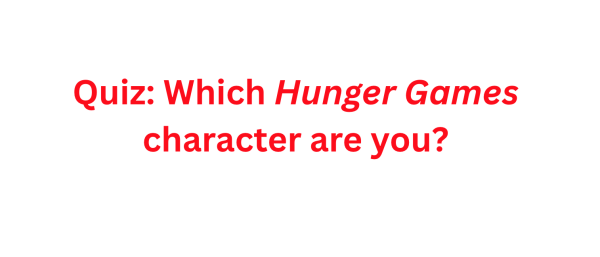The ambiguity of perfection
Students have different views of perfection and shouldn’t be fooled by the idea that perfection is any one thing.
Perfection.
It is the hardest word to define.
Everyone has their own definition.
Is your “perfection” getting an A on a test?
Is your “perfection” setting a personal record in a race?
Is your “perfection” winning that big game?
Is your “perfection” getting selected to play the lead role in the musical?
Is your “perfection” being first chair in whatever instrument you play?
Today there are more kids (ages 3 – 17) with mental illnesses than ever before. In my opinion, this is a consequence of kids always feeling the need to be perfect in today’s society. Standards for kids today have become so high. They are expected to get good grades, participate in clubs, do a sport, volunteer and be successful in everything they take part in, while not to mention, manage a family and social life.
Consequently, with the increase in mental illness, there has also come an increase in technology use. Adults with less exposure to social media and technology tend to have a more stable social life.
According to NBC News, “One reason for the increase may be that digital media use has had a bigger impact on teens and young adults than older adults who tend to have more stable social lives.”
Today teens don’t even know how to make a proper phone call because they are so conditioned to communicating within social media apps like Snapchat and Instagram. Adolescents worry more about having a high Snapchat streak rather than have a genuine conversation with another human being.
USA Today recently published statistics about mental illnesses among kids, stating that 4.4 million children between ages 3-17 have been diagnosed with anxiety. Also, 1.9 million children between ages 3-17 have been diagnosed with depression as of 2019.
Suicide has also increased among this age group within the past decade, by 58% to be exact, according to USA Today, making “suicide the second leading cause of death for kids ages 10-19 in the U.S.”
May is considered Mental Health Awareness month. The common slogan for mental health awareness month is #breakthestigma. This hashtag is an effort to explain that society should treat mental health and physical health in equal importance.
“Nearly 450 million people worldwide are currently living with a mental illness, yet nearly two thirds of people with a known mental illness never seek treatment,” the Anxiety and Depression Association of America stated.
These statistics are truly alarming, and a change must come. What is this change you may ask? Simple… turn your phone off. Don’t wake up and immediately and go on social media. You’ll find yourself comparing yourself to others and getting down on yourself. I am not saying ditch the phone completely, just make an attempt to limit your use. Small changes can add up to big progress with mental health.

Ava Wojnowski, a senior at Homestead High School, is a dedicated student and athlete. She runs in both cross country and track. When she is not in school...






